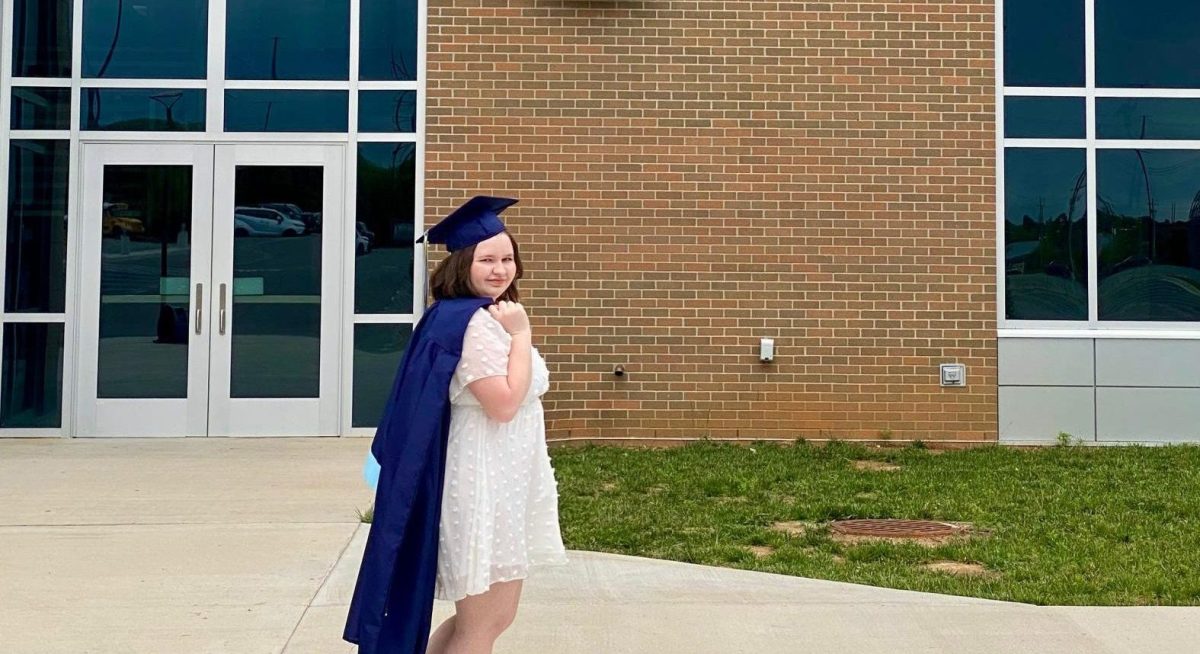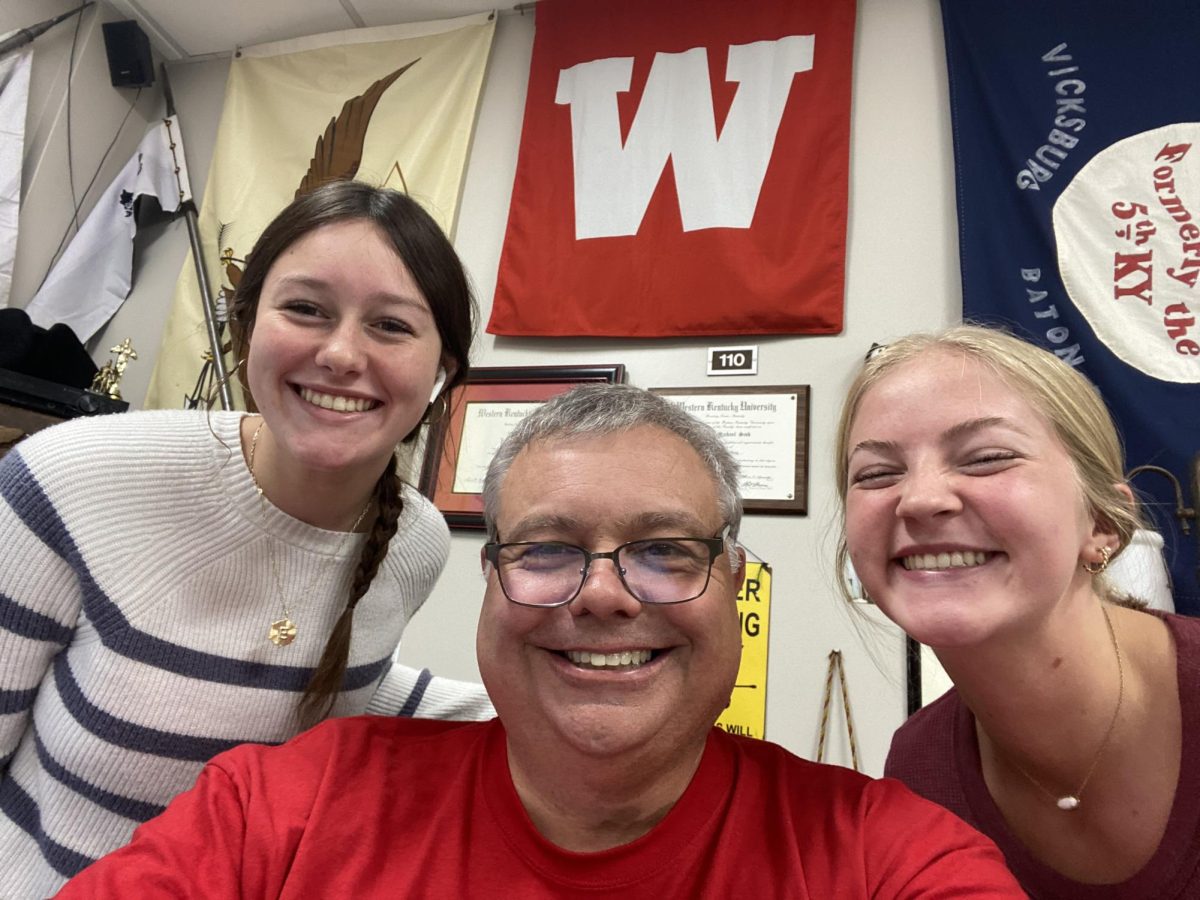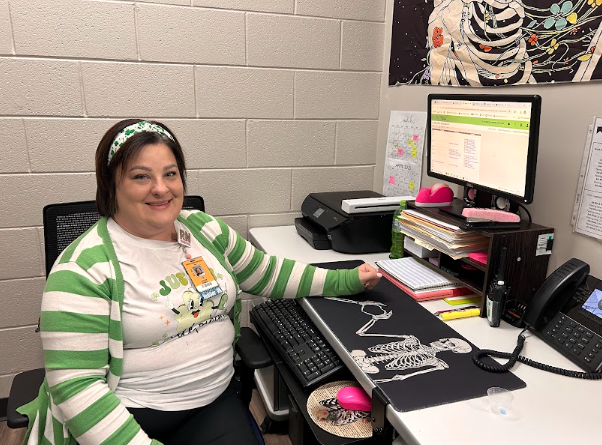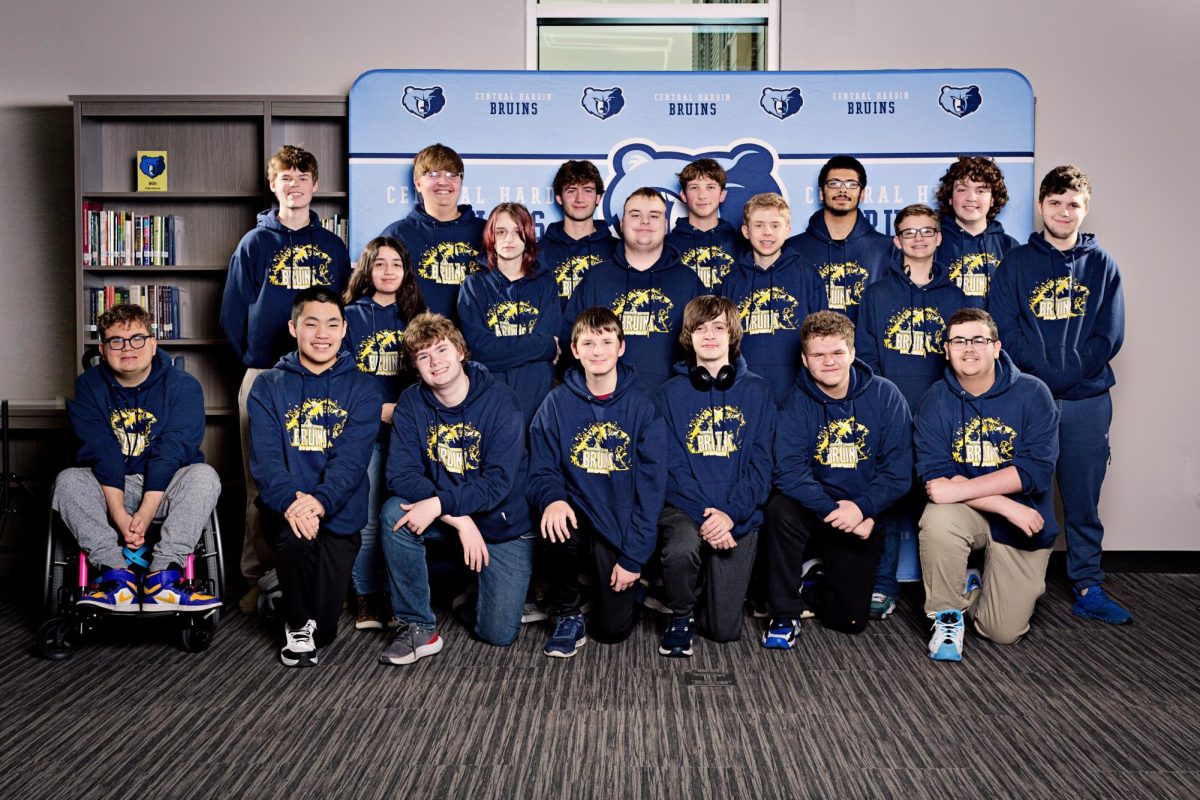College Applications: the Information Seniors Need to Know
September 1, 2022
The fall brings a season of change, and that proves to be especially true for seniors. While “senior season” can be fun and exciting, it also brings a feeling of uncertainty and stress as college applications open up and seniors are flooding to fill them out.
College applications are unfamiliar territory to every senior, so don’t feel overwhelmed if confusion on where to begin sets in.
Senior counselor Chris Adams eases the nerves for seniors.
“I don’t think you have to apply in August. September or October is usually good because most early decisions aren’t till November or December,” Adams said. “I’d rather see someone make sure that a college is the right fit.”
In fact, the majority of seniors haven’t begun the application process. According to a recent survey, 133 seniors haven’t started applying while only 20 have.
When thinking about beginning the application process, there are some critical things to consider, especially when it comes to finding the college that is the right fit.
Adams suggests that seniors find three schools that meet their needs and to rank them dream school, backup school, and backup to the backup schools. It’s also important to find a school that offers your intended major and the programs that will help you excel.
Above everything, Adams advises seniors to visit their intended college campus before deciding to apply.
“If you haven’t been on campus and you’re already doing your early decision, I worry it might not be the right fit for you,” Adams said.
The ideal time to visit a campus is on a weekday.
“Colleges want to bring you in when there’s a football game and let you get all hyped up, but you won’t see a single class. Go when you can see the classes, talk to professors, get as much of the real daily experience as possible,” Adams said.
Combining all these factors together will ease the stress of blindly picking schools to apply to. Getting a feel for the campus, the educational paths, and knowing what you can afford will make the application process much smoother. Seniors can expect information regarding the Free Application for Federal Student Aid (FAFSA) soon. The application opens in October which gives seniors an idea on what schools will be in their price range before finalizing their applications.
Once the application process has begun, learning your deadlines is the next key step. Deciding if the early action deadline or regular decision deadline is best suited for you will help you organize a personal timeline by which to abide.
“If you know that’s exactly where you want to go, early action is not a bad idea. If you’re trying to do some of the honors programs, you have to do early action to get that,” Adams said. “ If you’re still deciding, there’s not really a big advantage to it.”
In the midst of this stressful time, comfort can be found in fellow seniors who are navigating the same decisions.
“Take your time. You don’t have to rush everything, you don’t have to rush or stress about going to or applying for college. If you aren’t sure about college you don’t HAVE to go,” senior Jalyn Hall said. “Do what you feel is right for you. Don’t stress.”
Senior Christian Delrosario suggests that seniors know their personal limits when it comes to applications.
“Make sure you know what you’re getting yourself into and don’t bite what you can’t chew. Be for real with yourself.”
Regardless if you know exactly where you want to go and what you want to pursue or if you’re still deciding, it’s okay to feel uneasy about the process. Take your time and follow your own checklist.
Adams assures seniors that he is here to help.
“If you’ve got questions, come ask me. We’ll look at it and go from there.”

















